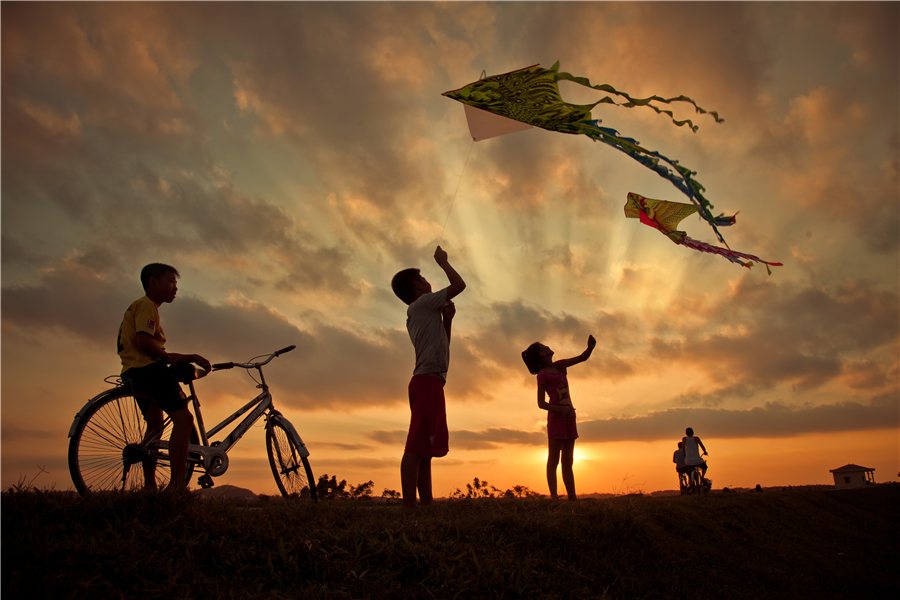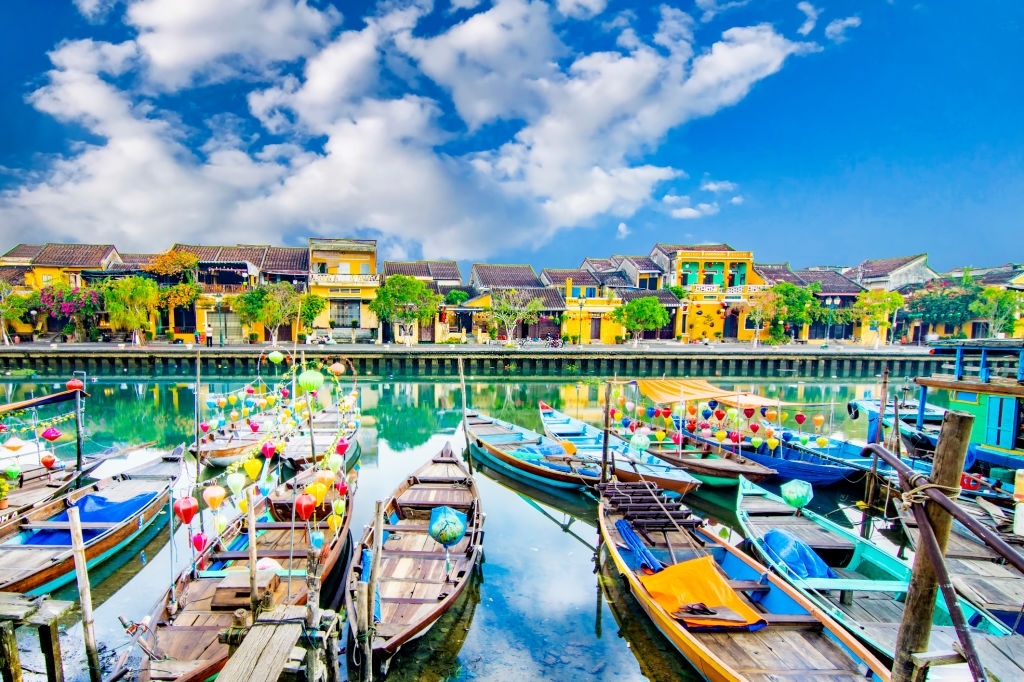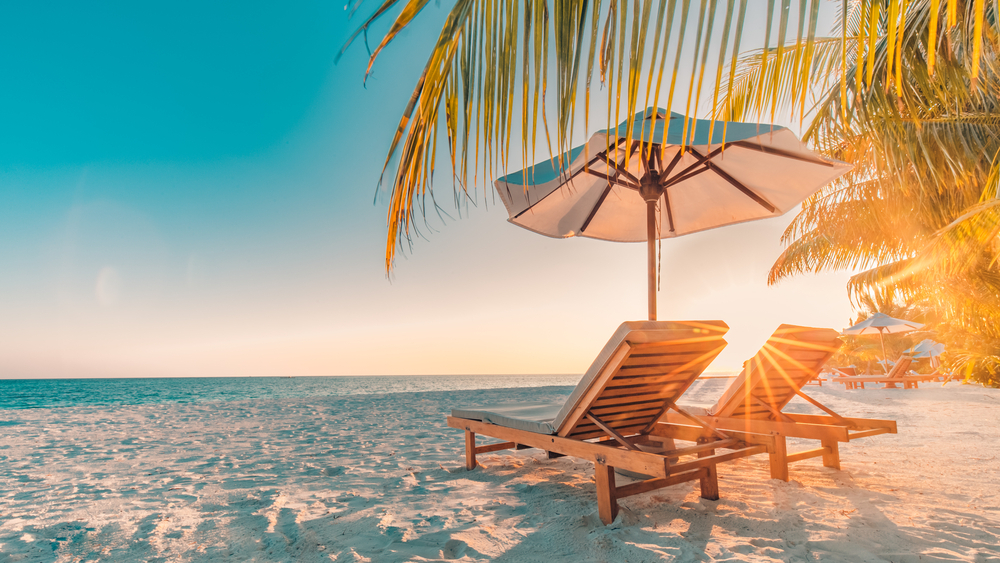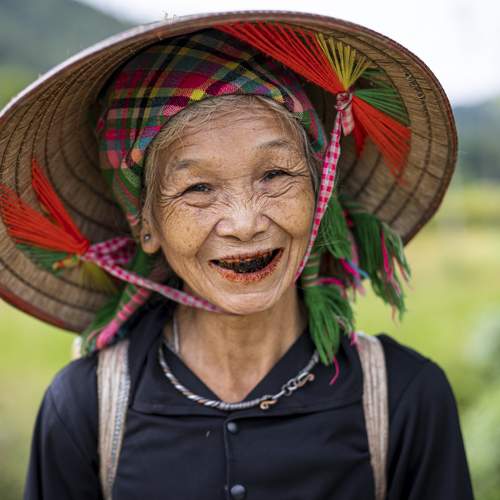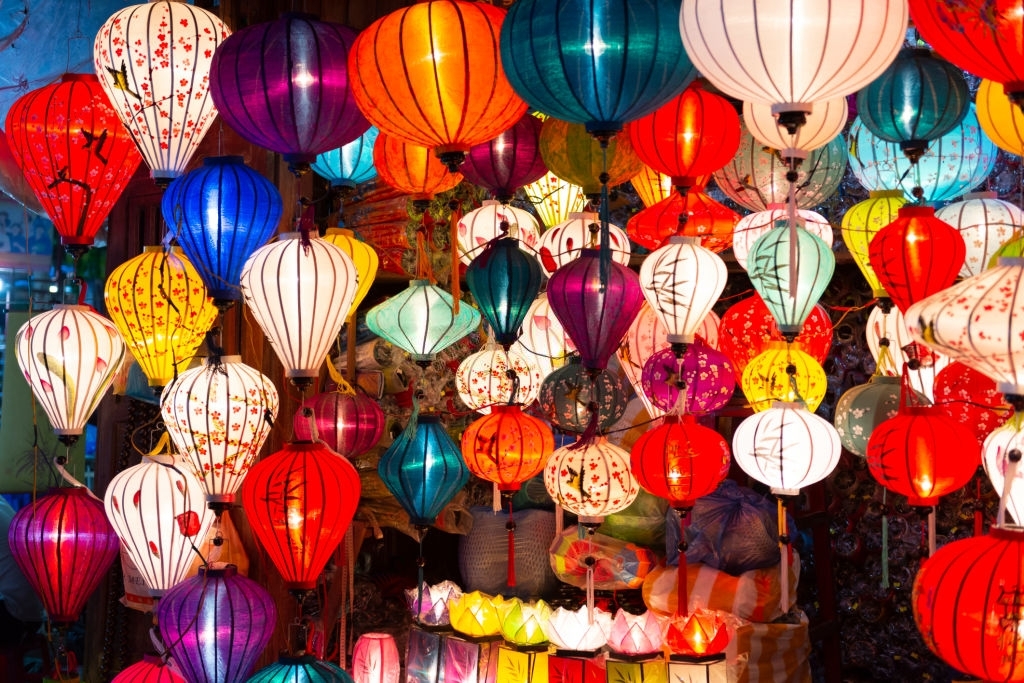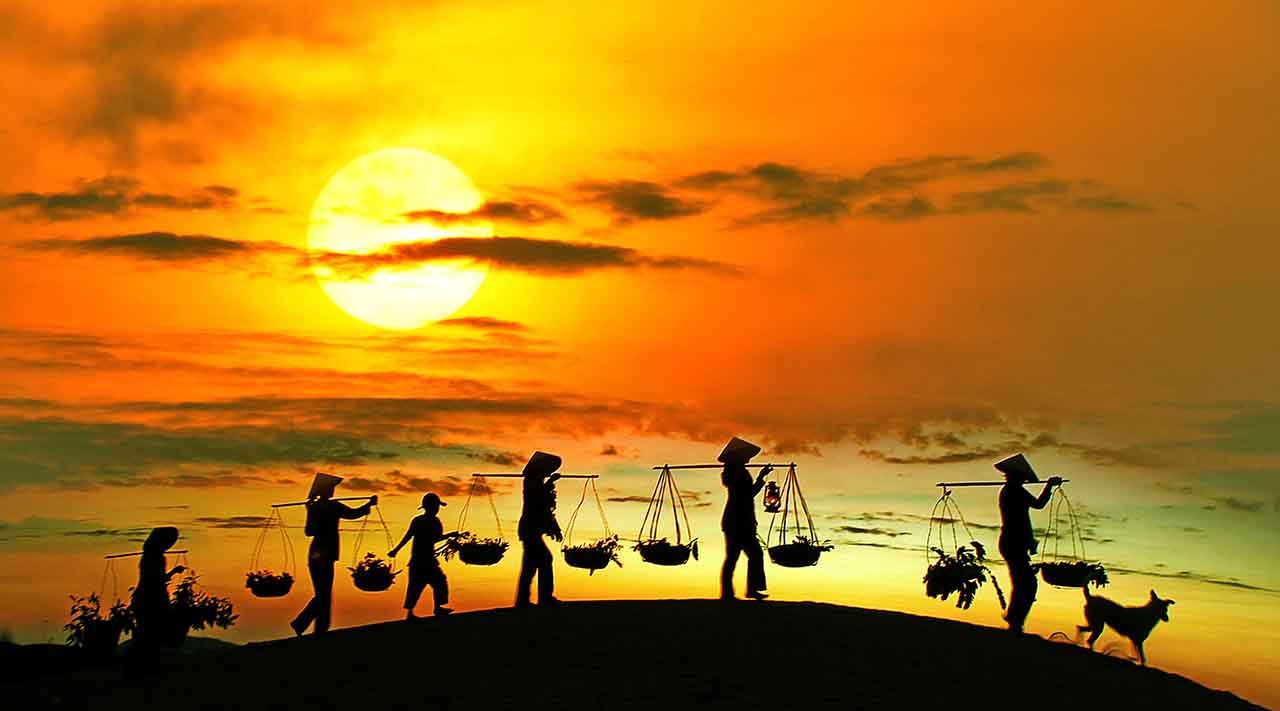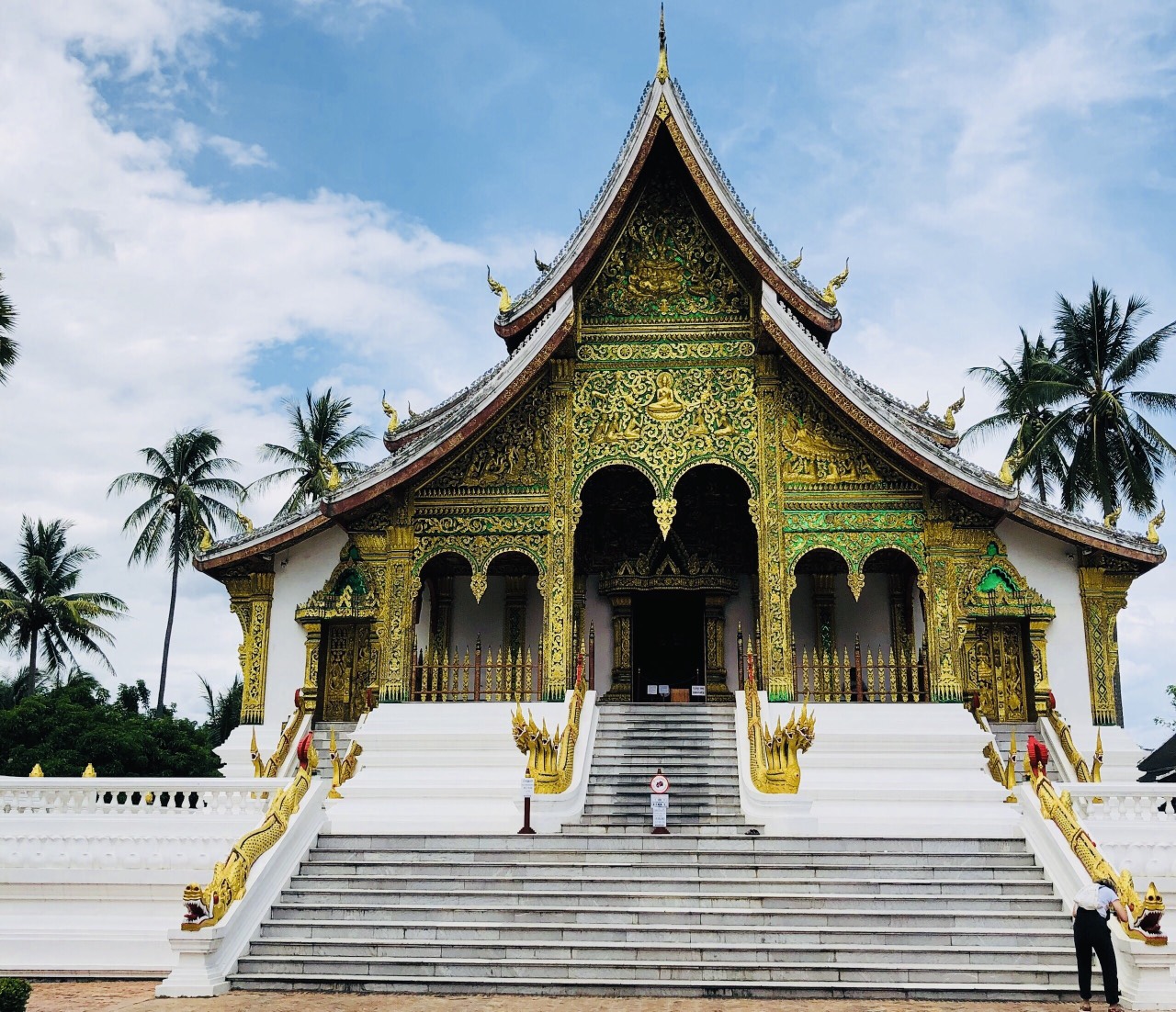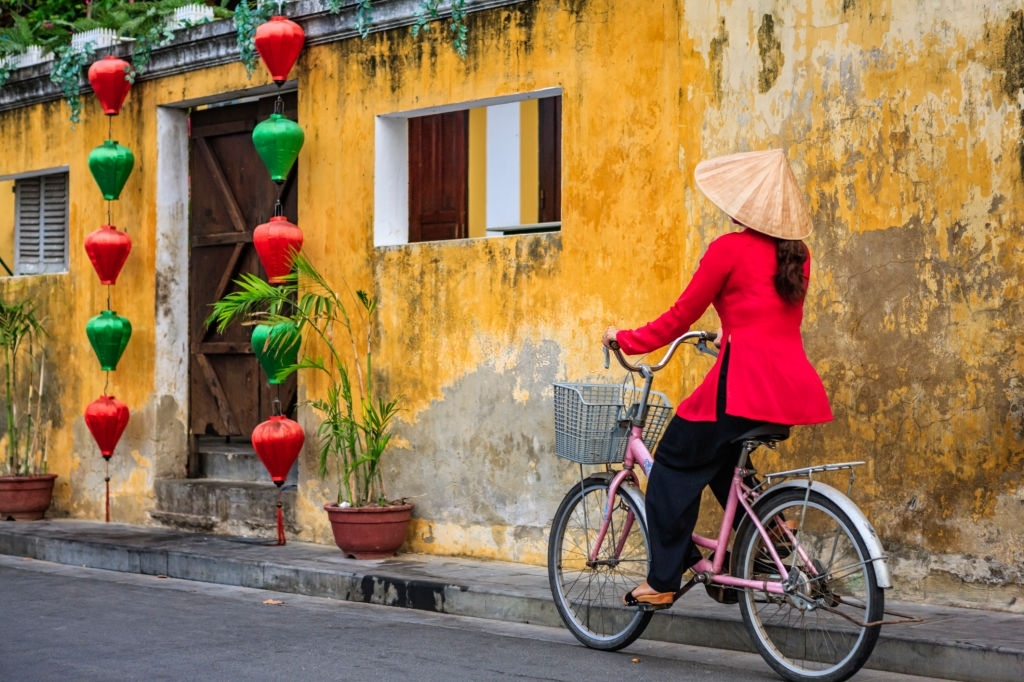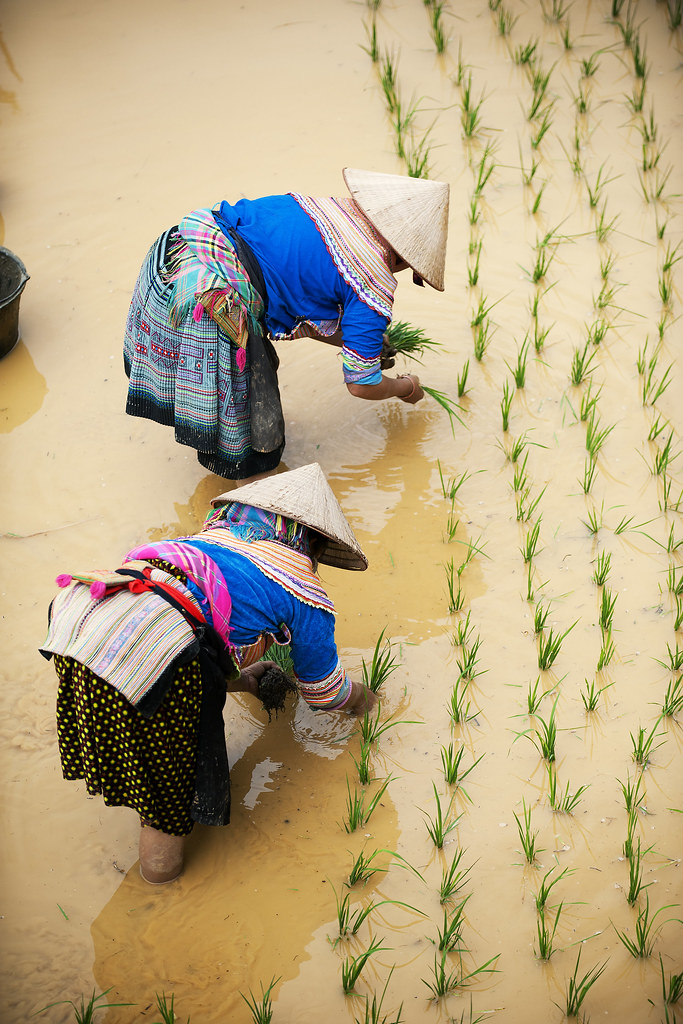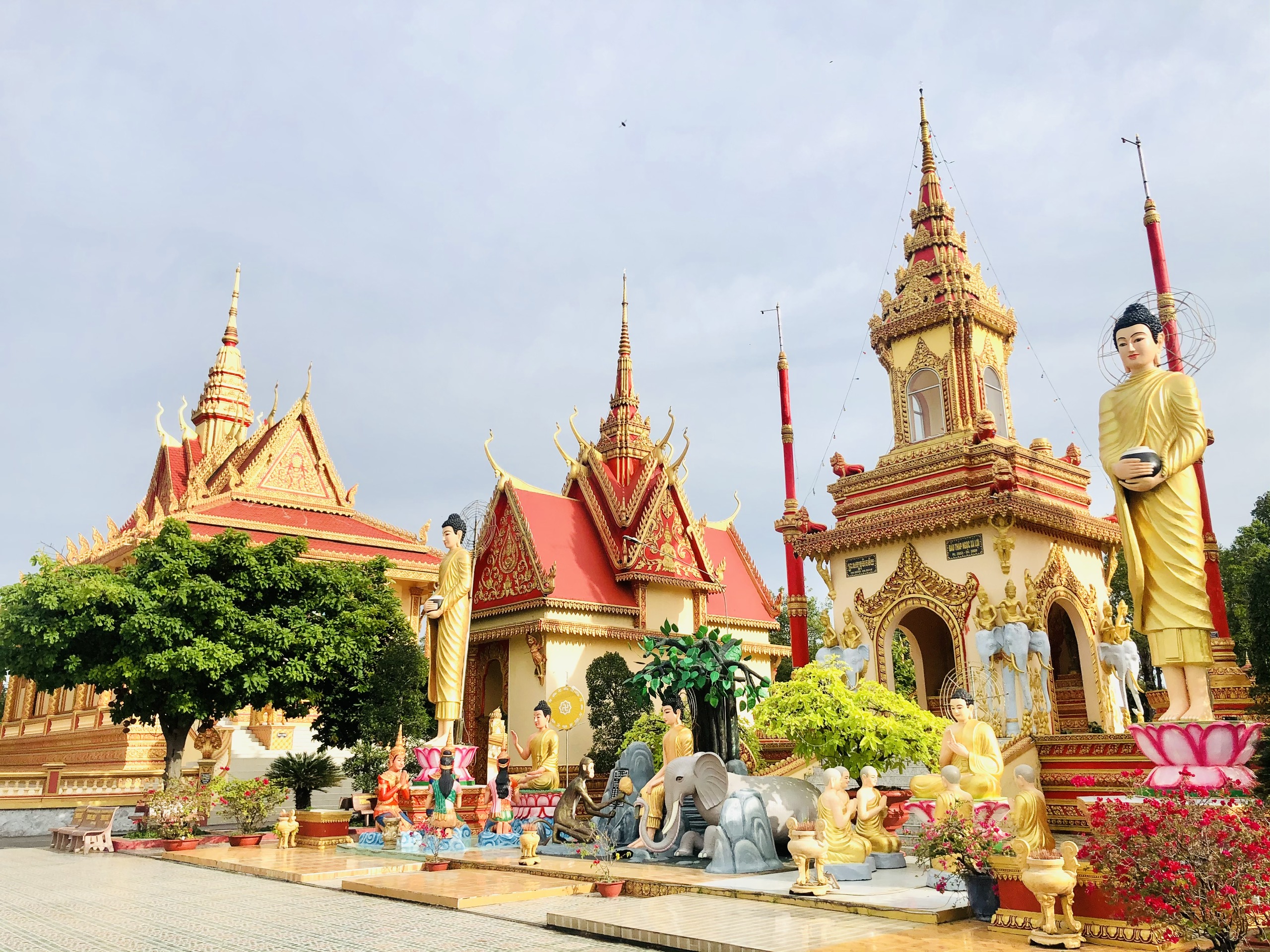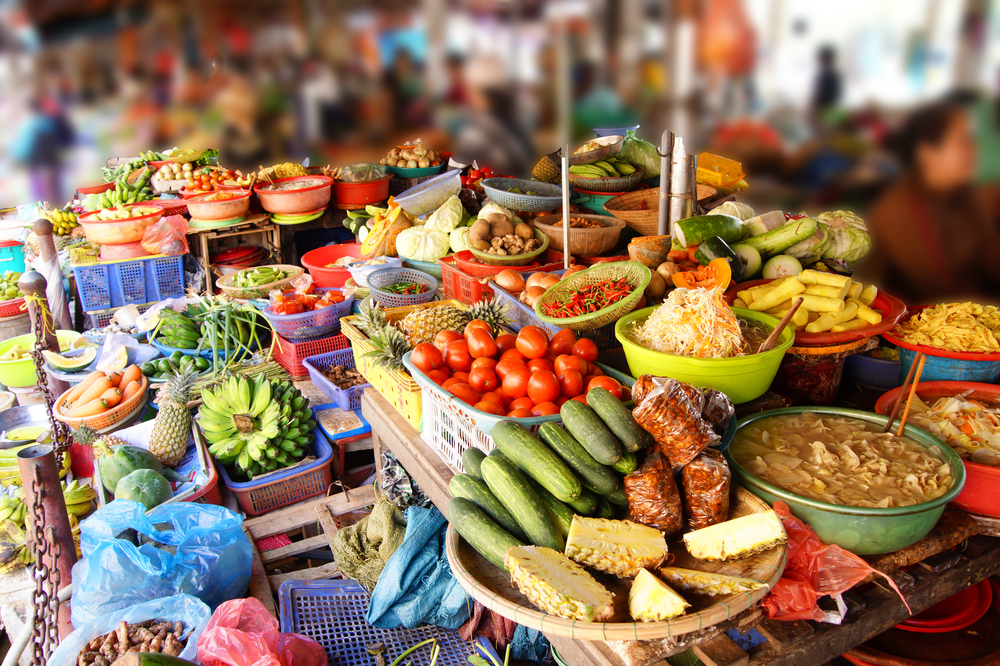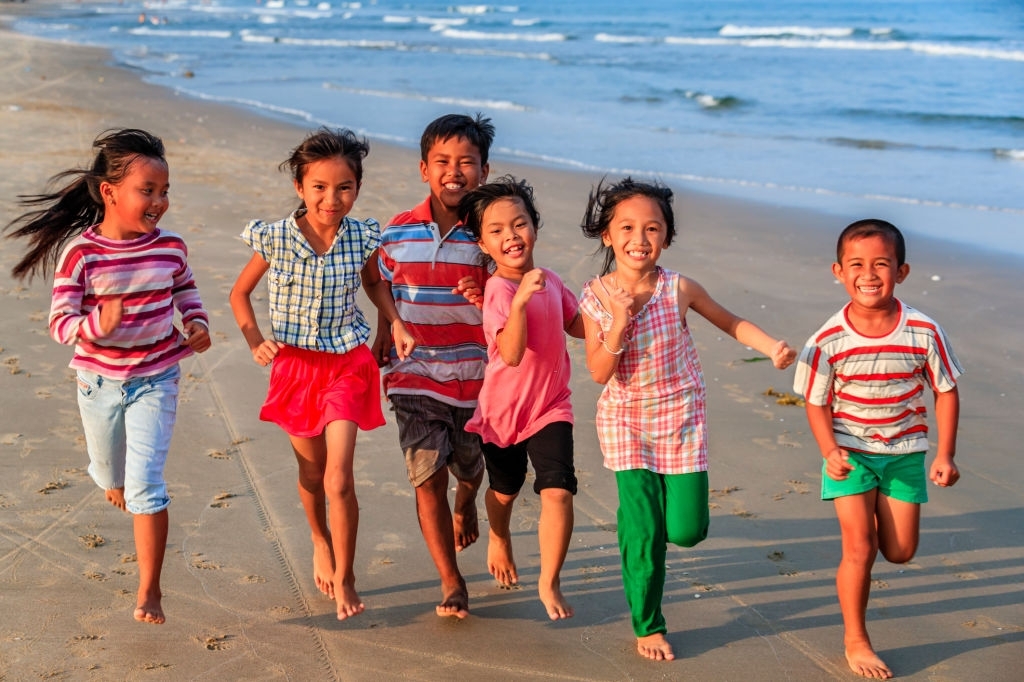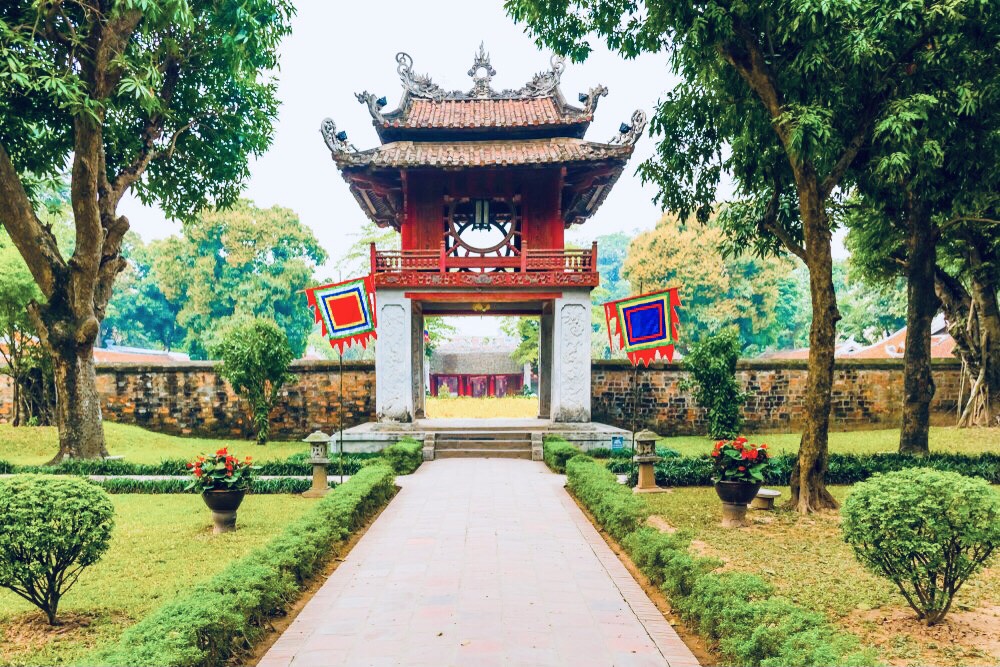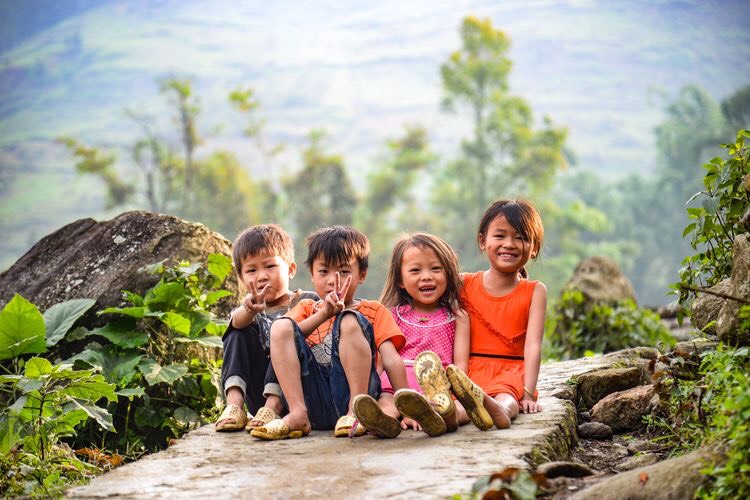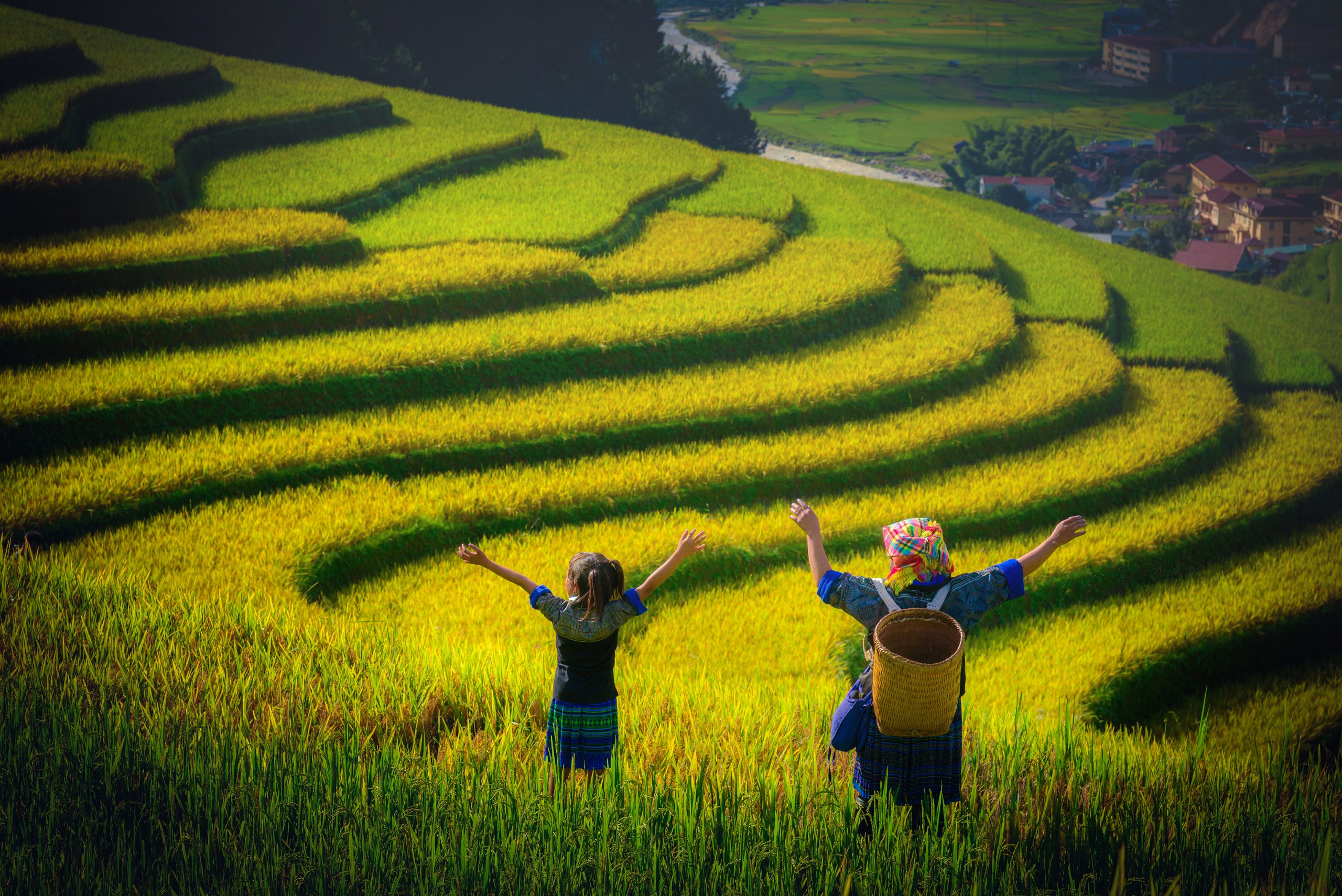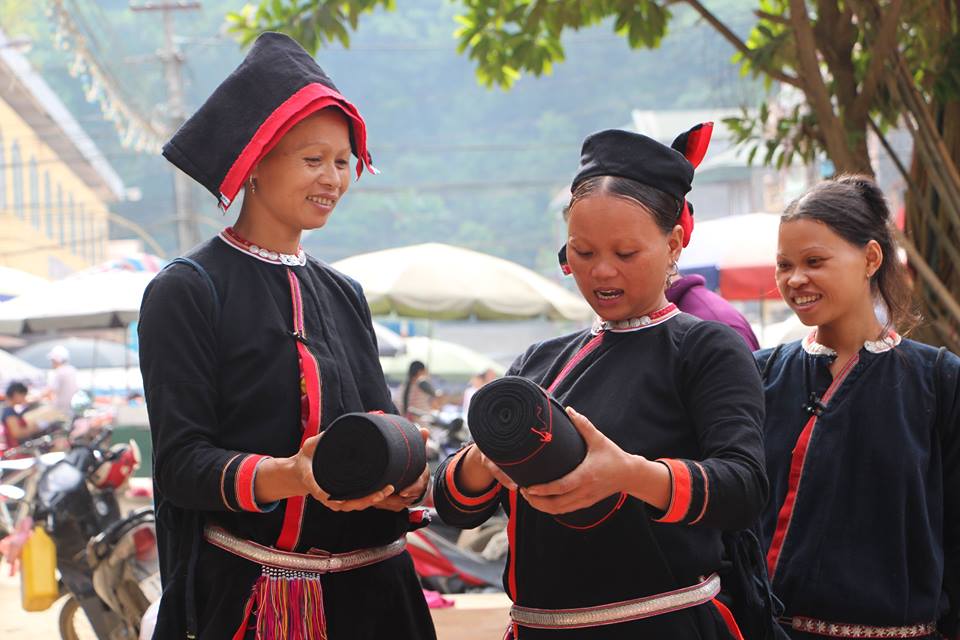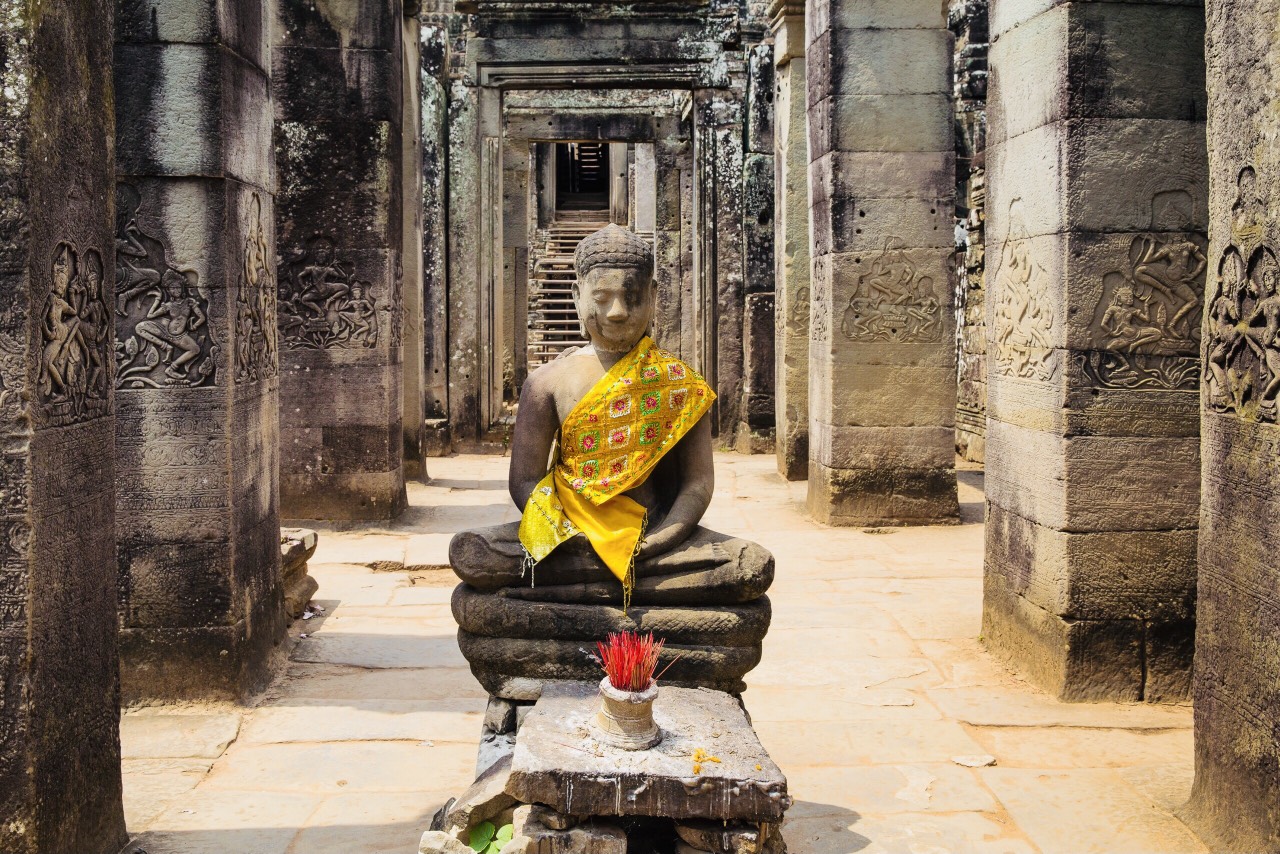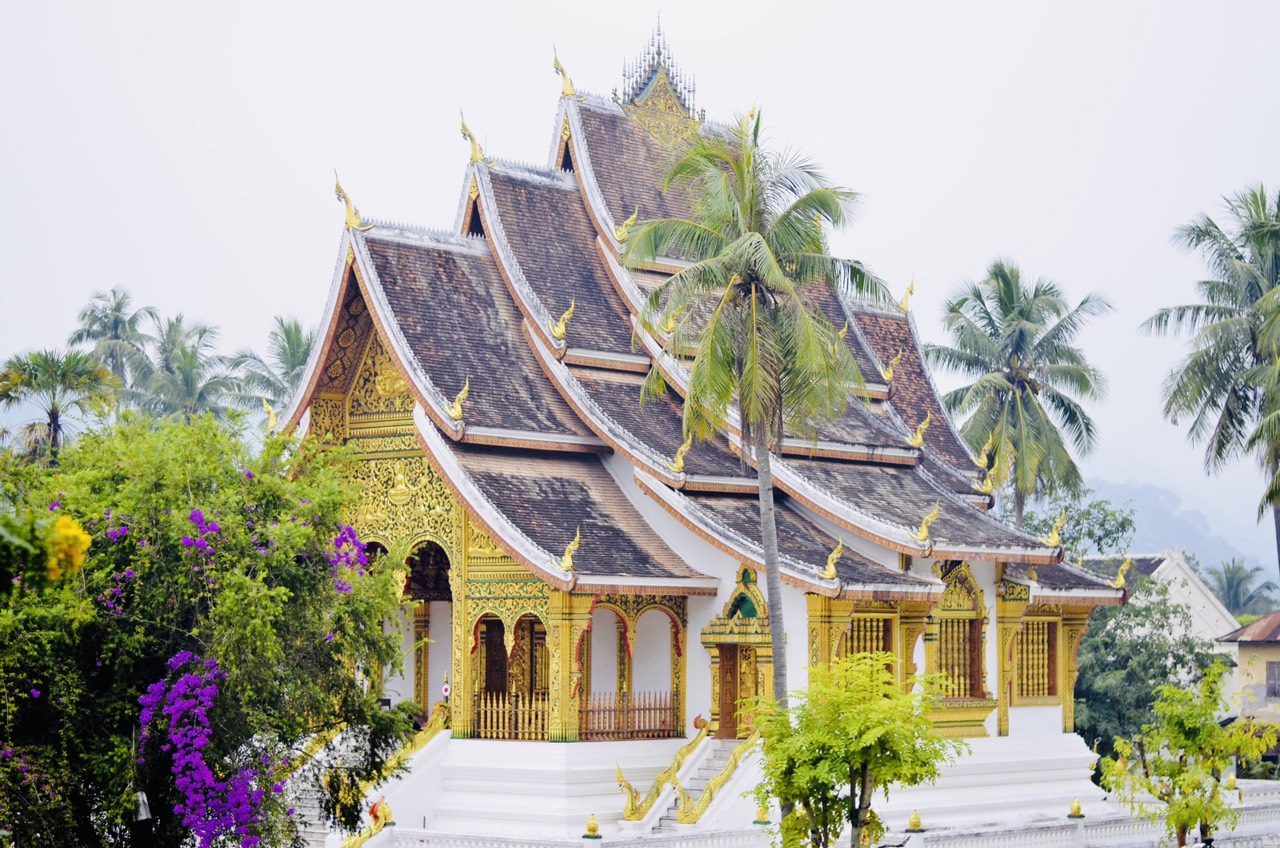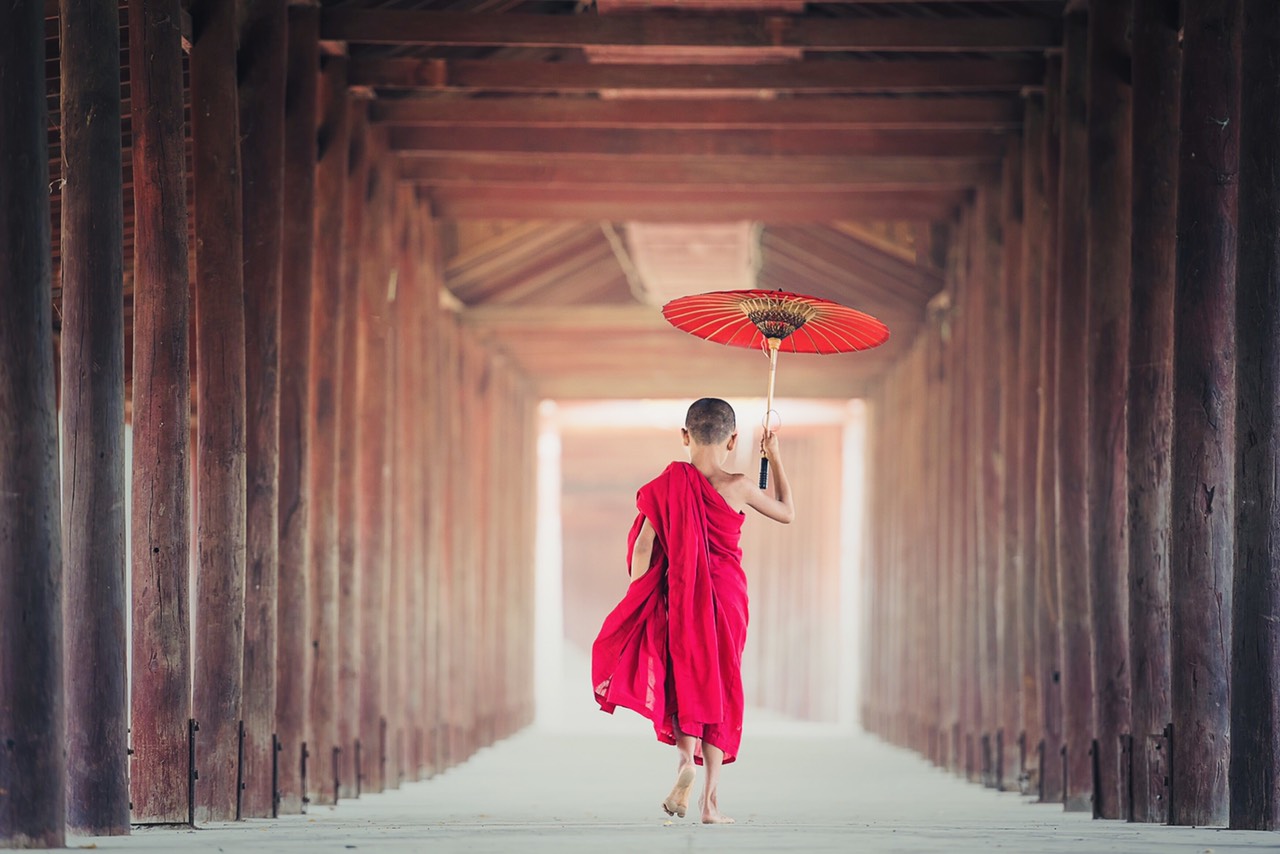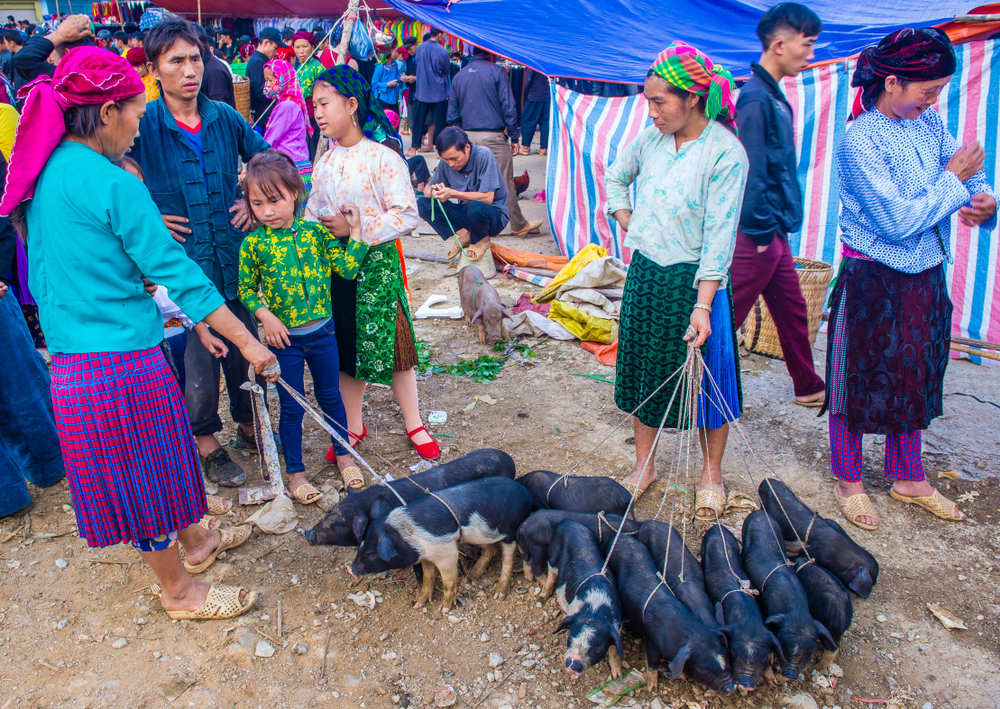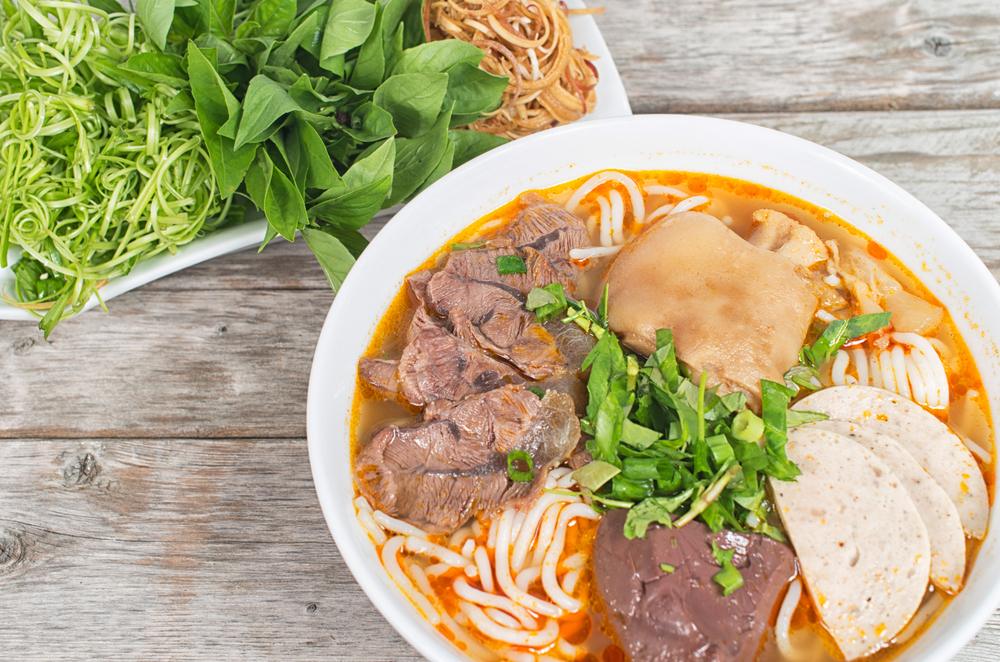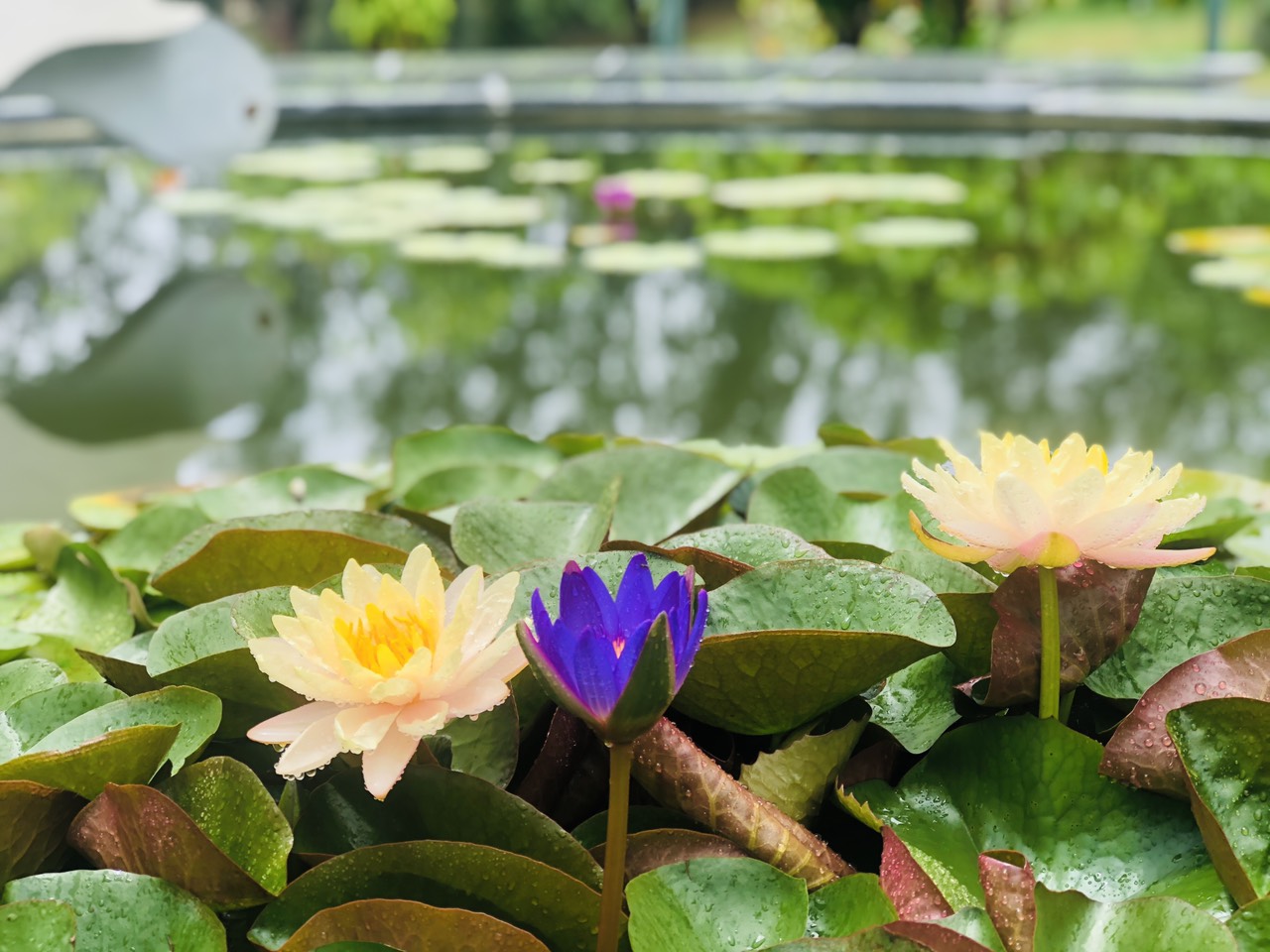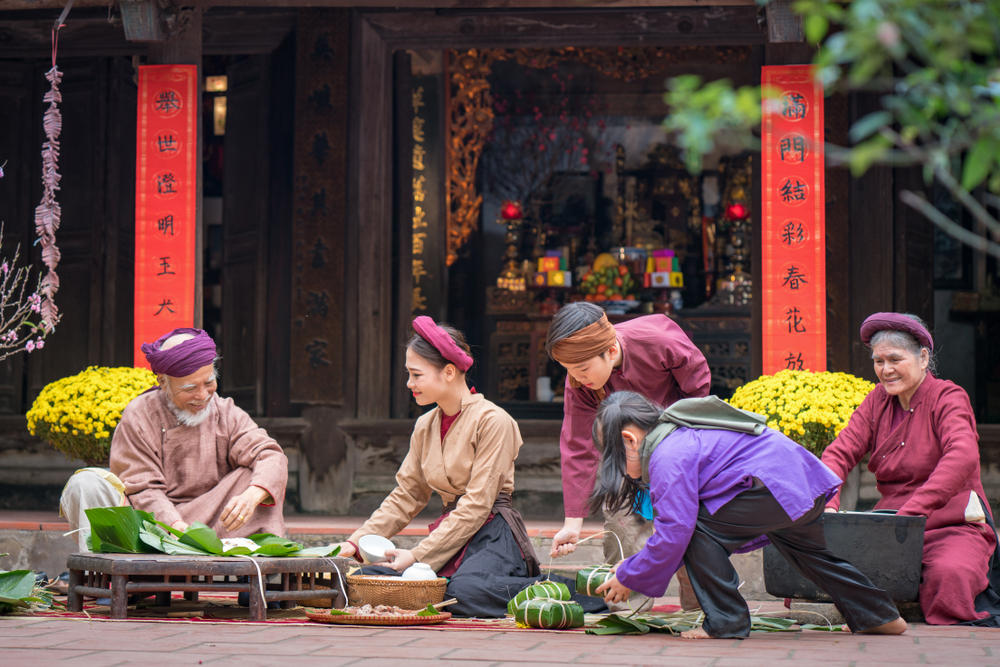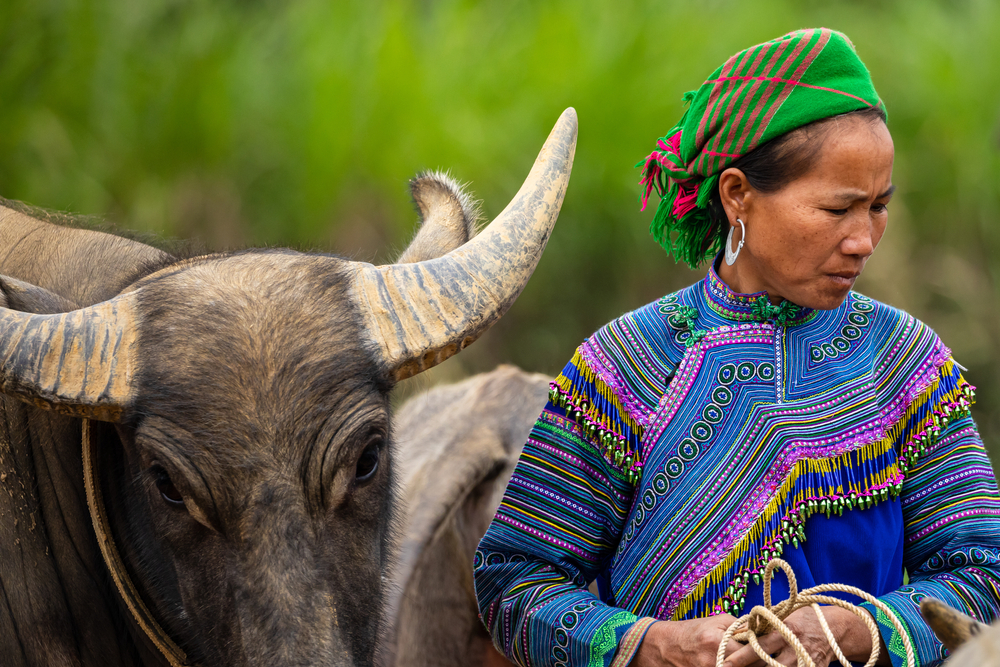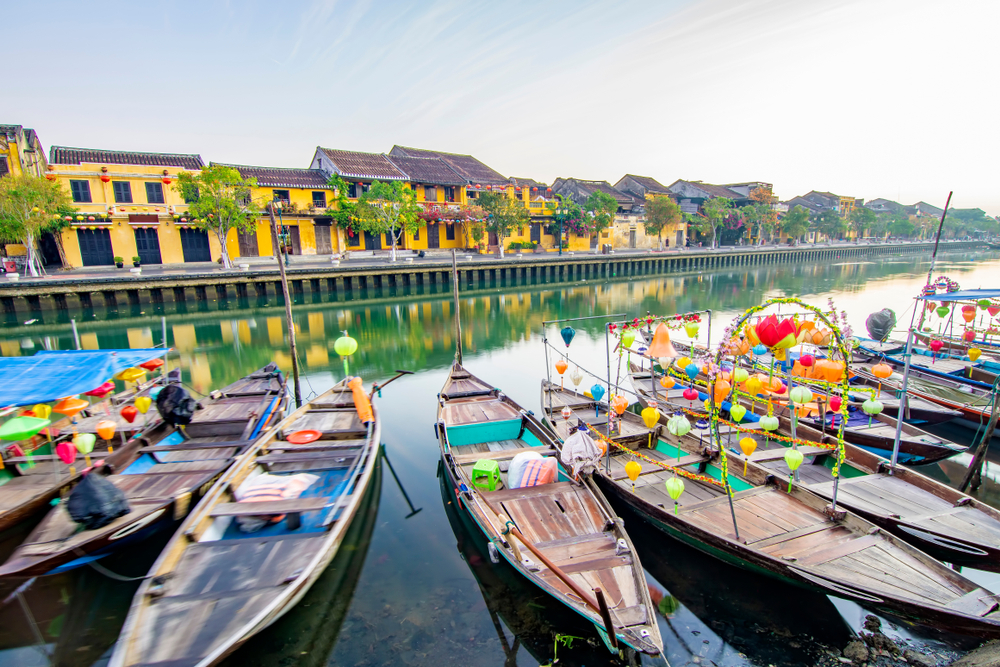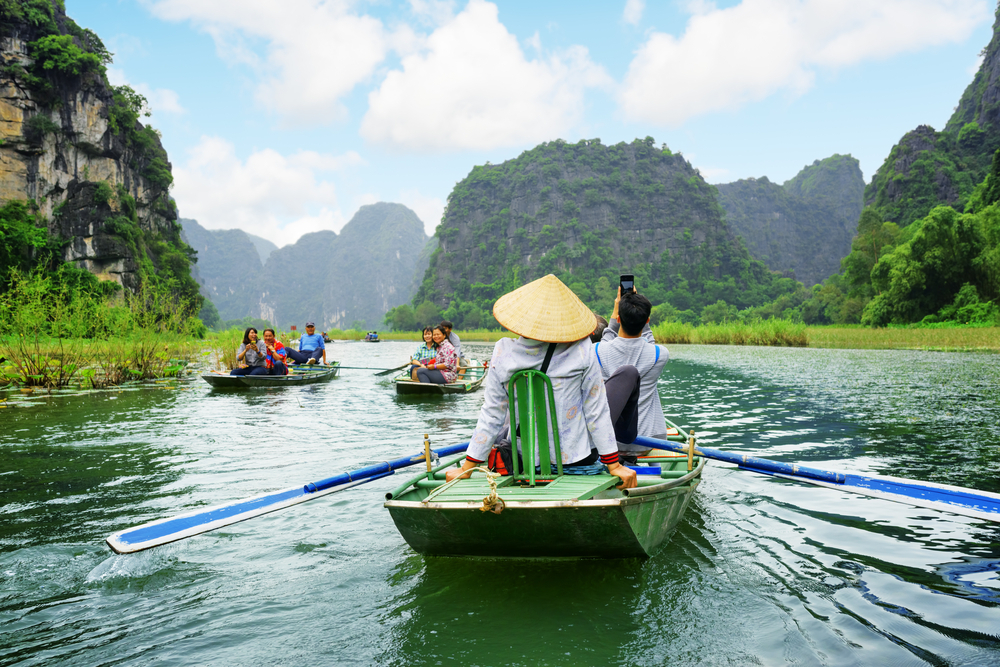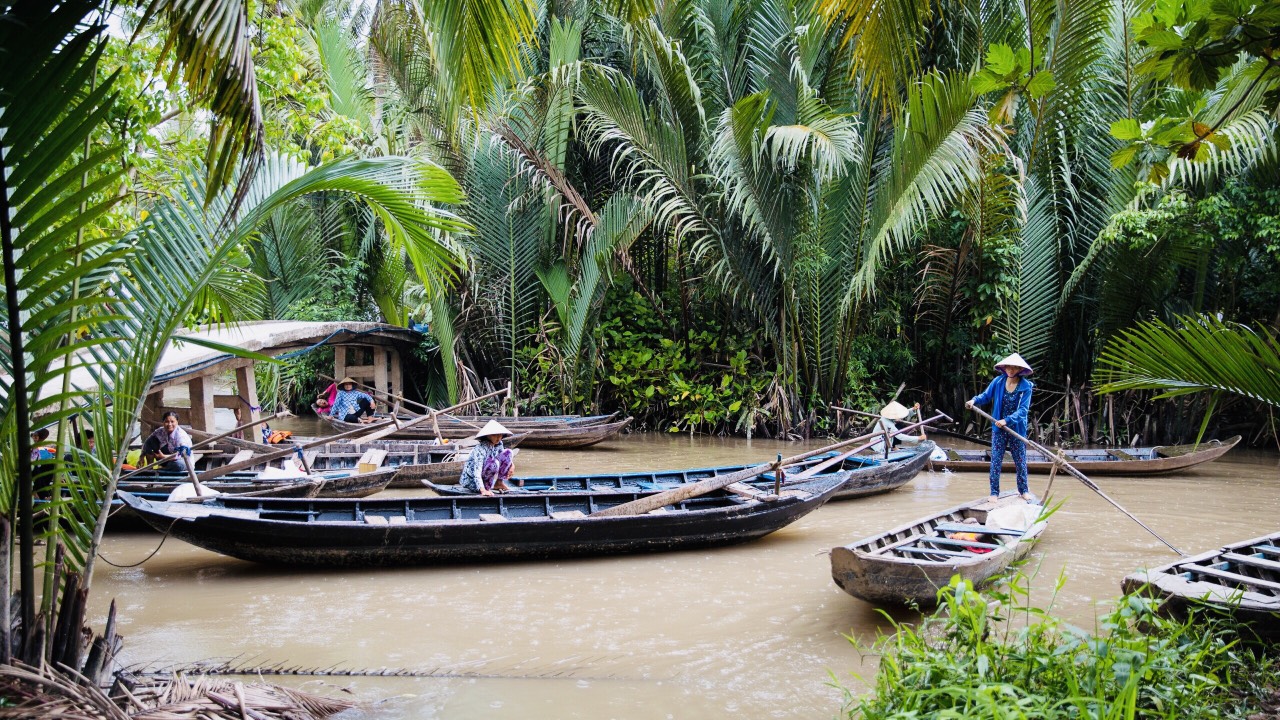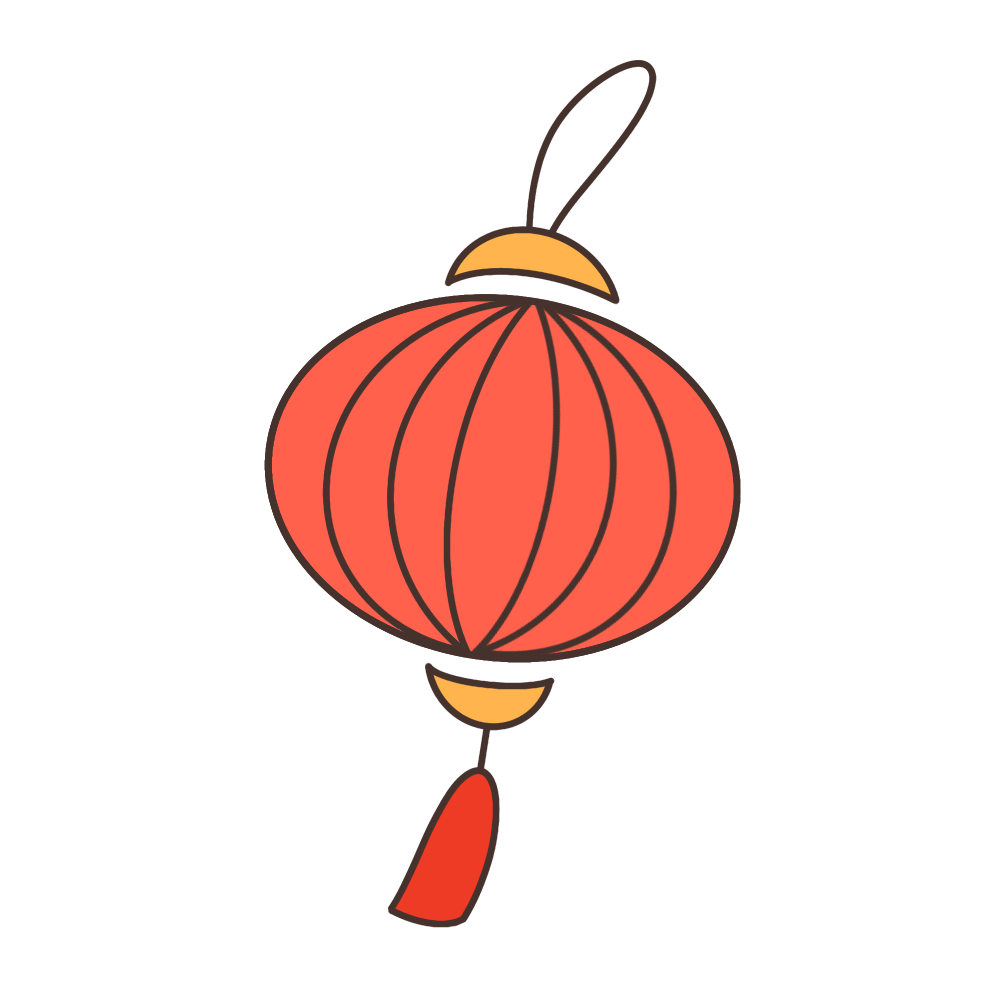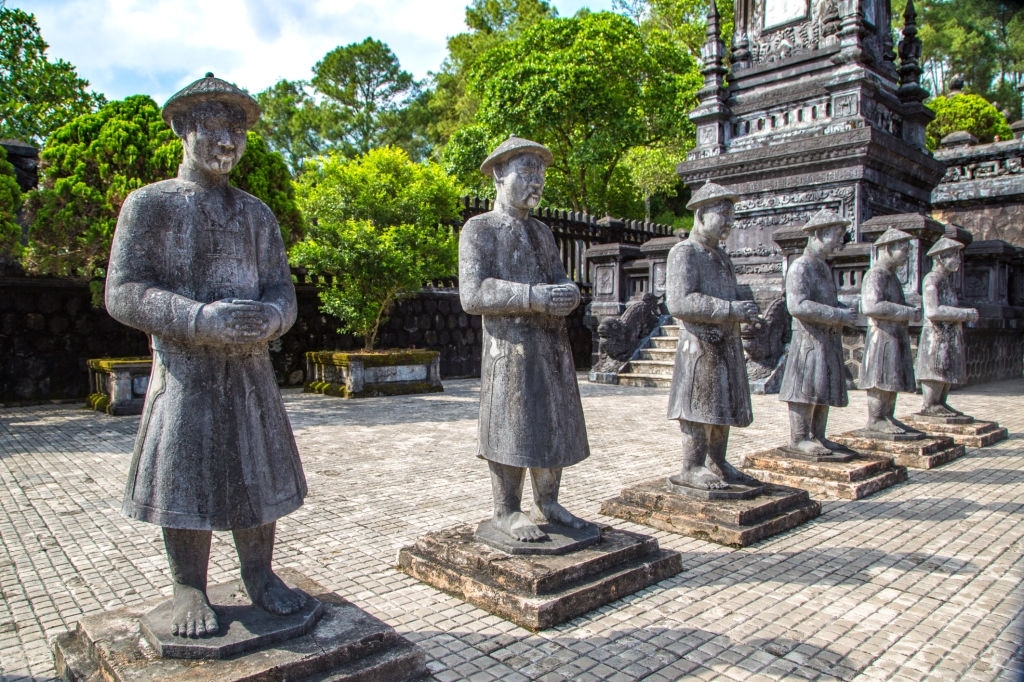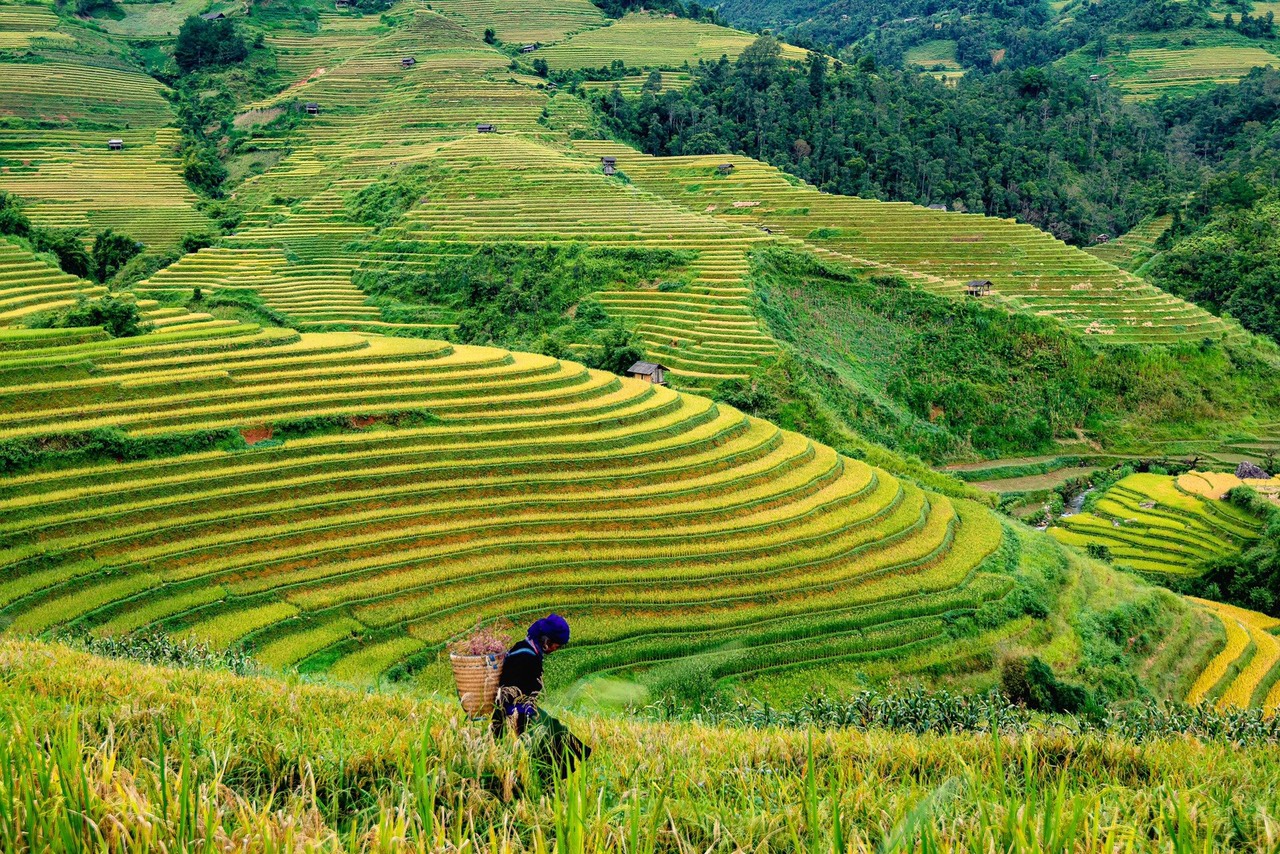
When it comes to coming to a foreign country, you have to know that you are a guest. And many things that seem “normal” to you may not be so elsewhere.
Traveling to Vietnam soon? There are certain do’s and don’ts that you should know before you go to this beautiful country, whose culture, customs and traditions are so different from yours. This will help you avoid making mistakes and will allow you to fully enjoy your stay.
Here are some rules of conduct to respect during your trip to Vietnam
To do
– Photograph all your papers, airline tickets and hotel vouchers in case of loss or need.
– Take a business card from your hotel at the reception. This will make your return to the hotel by cab (or in case you are lost) easier.
– Always carry toilet paper in your backpack. You will only realize its importance when you need it (many toilets here do not have it).
– Bring earplugs, some places are noisy (people get up early, they honk their horns, talk loudly…).
– Buy and eat local, it’s better and above all it helps the local producers.
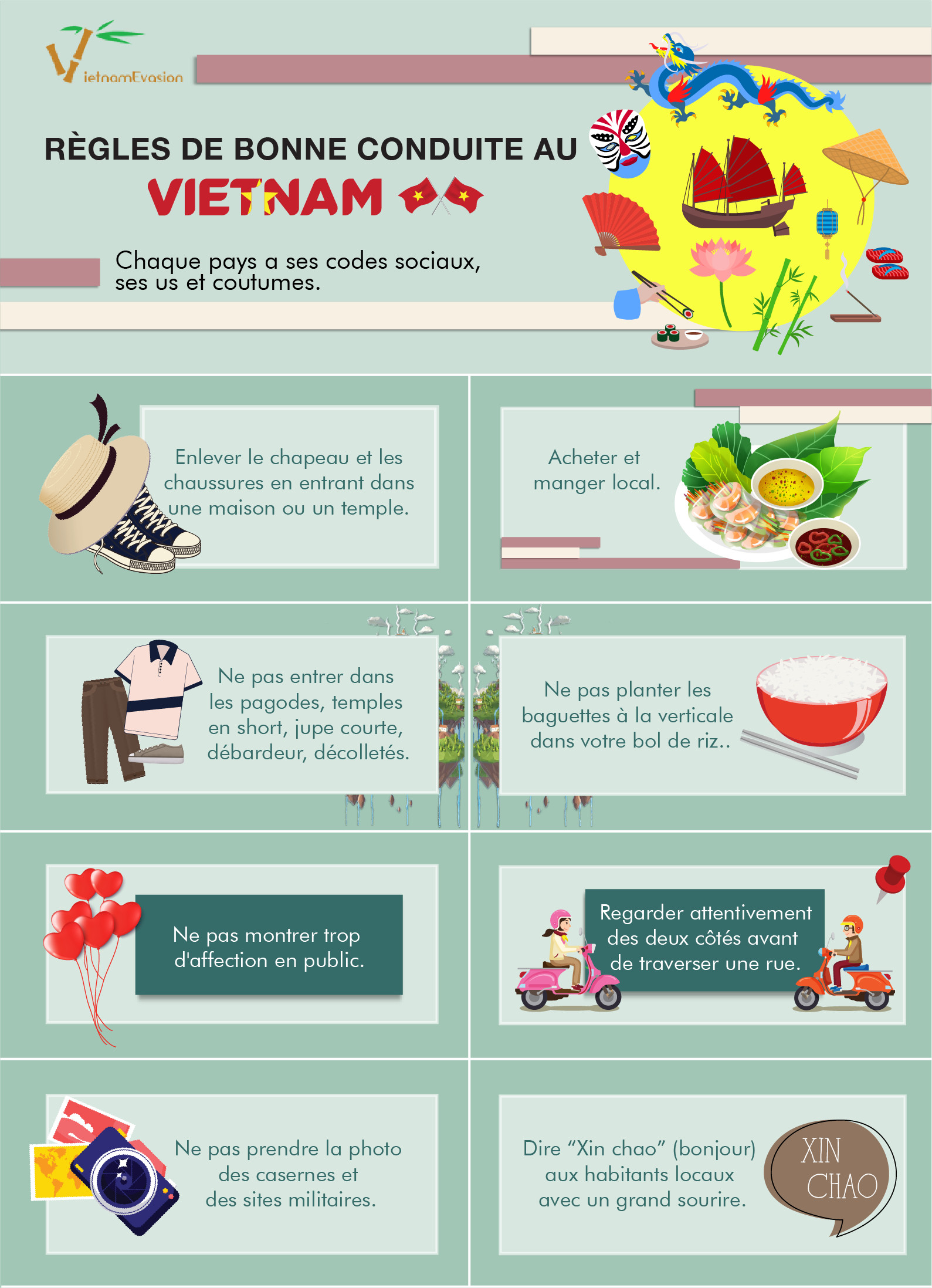 – Learn to use chopsticks. In many places, especially in remote areas, forks or knives are not readily available.
– Learn to use chopsticks. In many places, especially in remote areas, forks or knives are not readily available.
– Try to finish your plate. It is not very polite to leave too much food on your plate, especially in local families.
– Put your hand in front of your mouth when using a toothpick.
– Ask for the price of the rickshaw ride before you get on, as many drivers deliberately multiply the ride price by several times.
– Share the dishes that are placed on the table. The chopsticks will navigate between the mouths of the guests and the common dishes. It may seem unhygienic, but in Vietnam, it is normal.
– Always have cash on you, as many places are not equipped to receive card payments and change for small purchases from street vendors.
– Remove your hat and shoes when entering a Buddhist house, temple or other place of worship. Do not enter pagodas, temples in shorts, short skirts, tank tops, cleavage…
– Give and receive things with both hands (especially if the other is an elderly person).
– Shake hands (the right one) with everyone, smiling broadly and bowing slightly. Do not greet a Vietnamese person by clasping both hands and bowing (Thai greeting). Do not kiss a local, anything beyond shaking hands is seriously offensive.
– Don’t be surprised if, during a conversation, a Vietnamese brings up subjects that seem very personal (are you married, how old are you, how many children do you have…)
– Look carefully before and while crossing the street because the traffic in Vietnam is chaotic. Do not run too fast and do not stop suddenly when crossing the road.
– Haggle before buying souvenirs. Vendors in Vietnam, especially in Hanoi and the north of the country, often ask for the highest price at first, then settle for a lower price.
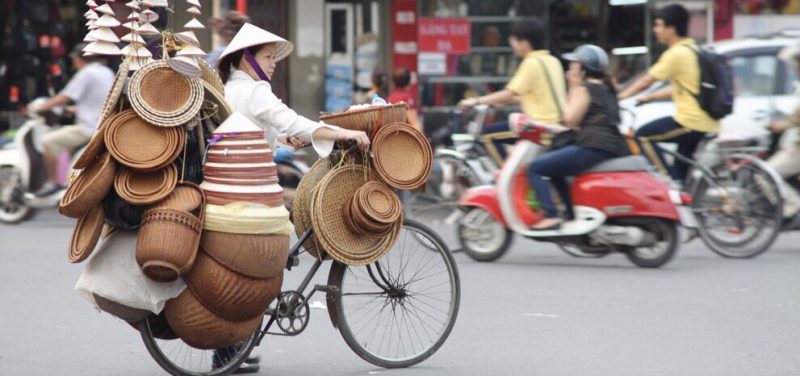
– The gift you bring will never be unwrapped in your presence. The Vietnamese will only open his gift when you are gone. He does not want to show his envy or disappointment out of modesty.
– It is common to leave a tip to the guide and the driver in Vietnam, in Laos and Cambodia too (but not obligatory in restaurants and hotels) and the amount depends on the level of satisfaction of the services provided. It is advisable not to leave too small tips.
Not to do
– When sitting, avoid pointing your foot at anyone. Even putting your feet on the seat in front of you is a bad attitude.
– Don’t move in front of people who are saying prayers.
– Do not turn your back to the altars when you are in a temple or someone’s home.
– Avoid blowing your nose at the table, it is offensive here.
– Don’t take more money than you need when you walk down the street. Do not wear large amounts of jewelry. You could become a target for pickpockets or thieves, especially in Sai Gon city.
– Do not drink water from the taps, it is not drinkable.
– Do not touch anyone’s head, including children.
– Losing your temper or getting angry in public is frowned upon in Vietnam. In general, Vietnamese people are calm and do not get angry. If a situation is difficult to handle, keep your calm without raising your voice, you will only make the situation worse.

– Do not make the Vietnamese lose face. Keeping face is very important for Asians and Vietnamese.
– Do not show too much affection in public. Avoid kissing in public, especially in rural and mountainous areas, it can make the locals uncomfortable and quite reserved on the subject.
– Do not take pictures of military barracks and sites if you do not want to visit the prison instead of Halong Bay. It is severely punished, so be careful.
– Do not stick chopsticks vertically into your rice bowl. This gesture reminds us of the incense sticks that we put in the offerings…. to the dead. Do not lick them and of course, always use them in the right direction !
– Never drink your glass of alcohol first. Wait for the host to start.
– And finally one important thing, don’t forget to say in their native language “Xin chao” (hello), “Cam on” (thank you) and “Xin chao” (goodbye) with a big smile to the locals. This can open all doors and you will leave them with a very good image of yourself !
Also, don’t be too nervous. In general, Vietnamese people are tolerant when you make mistakes or forget things because you are foreigners. However, we thank you for doing your best! And their friendship as well as the good food and beautiful scenery here will certainly please you.
You might also like:




